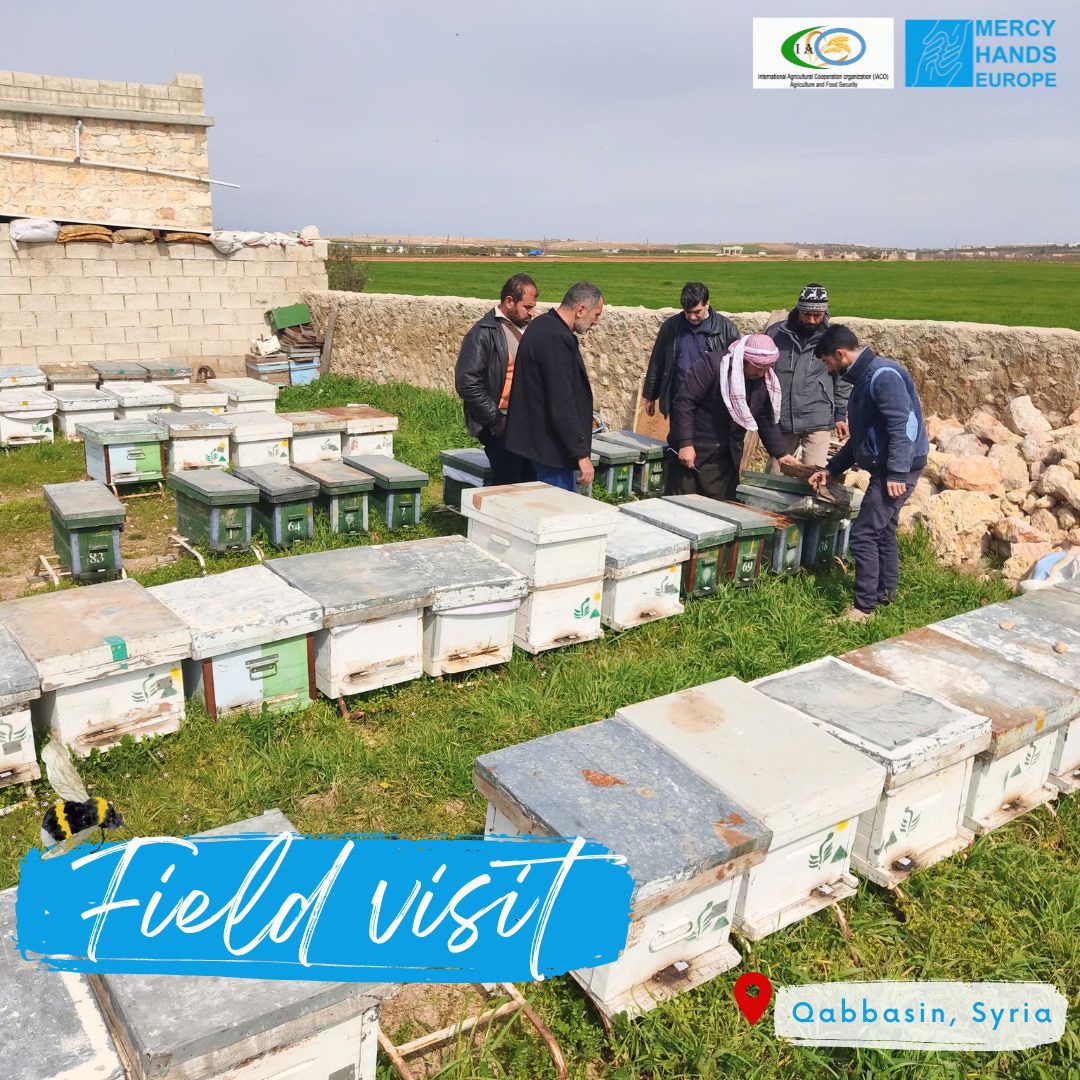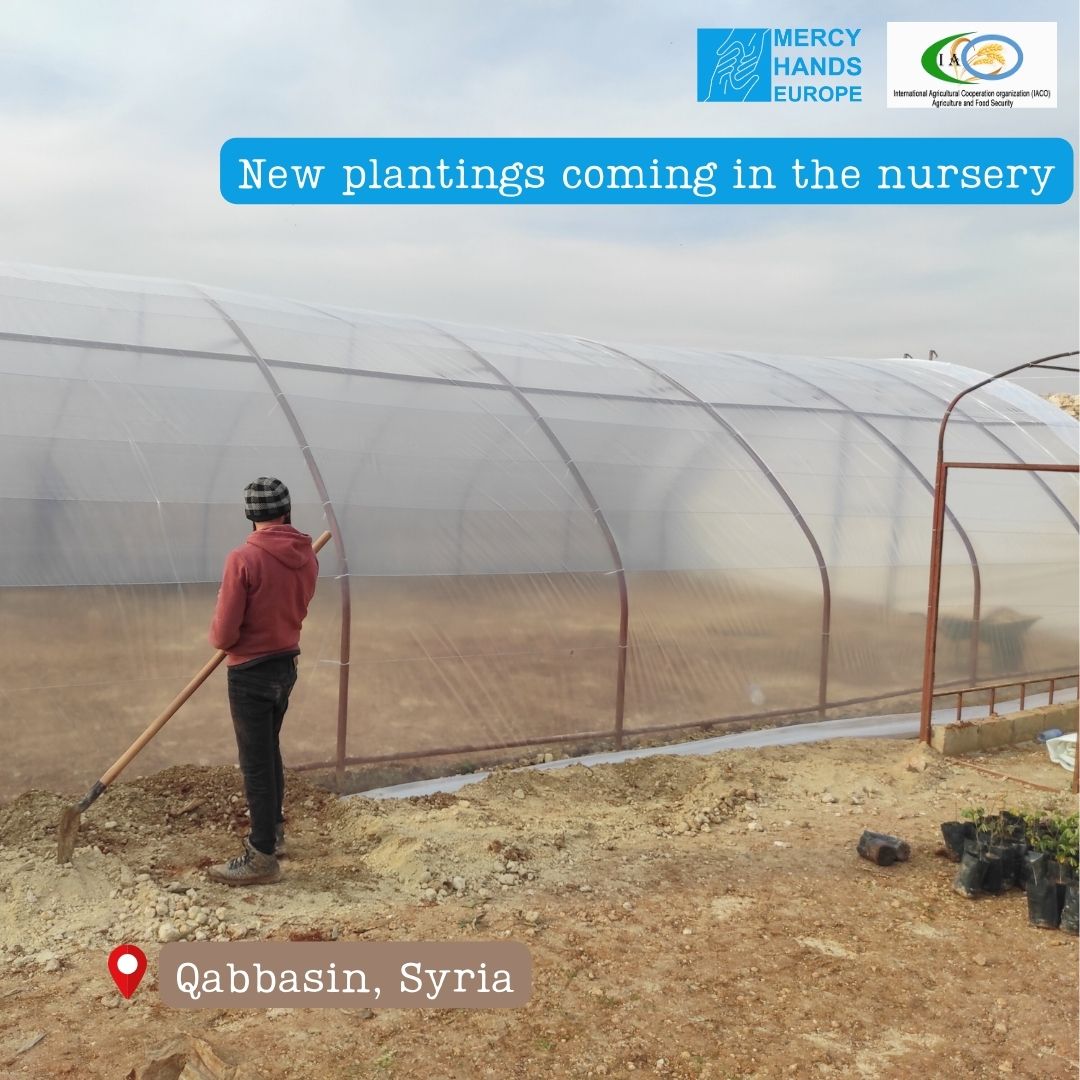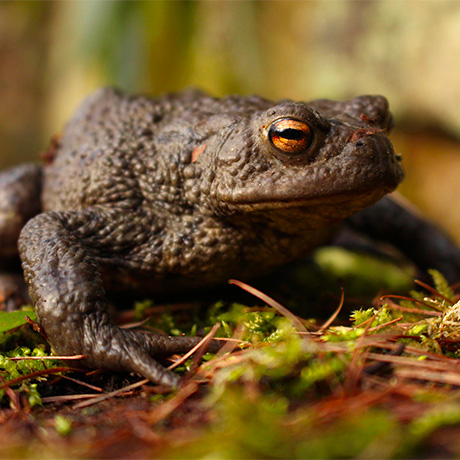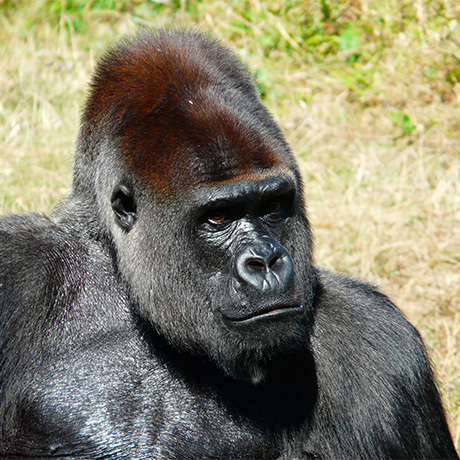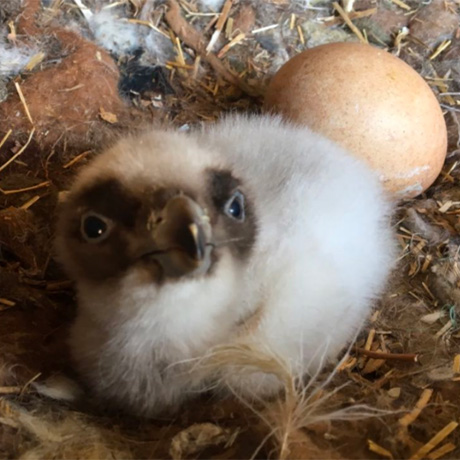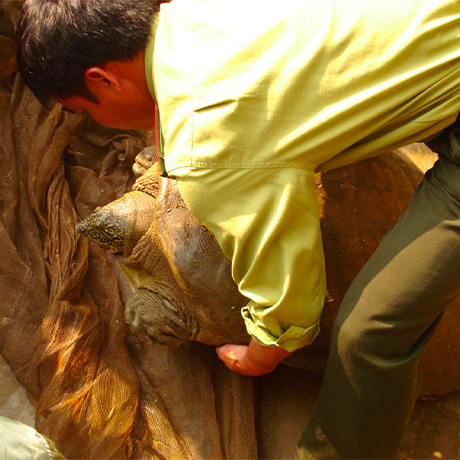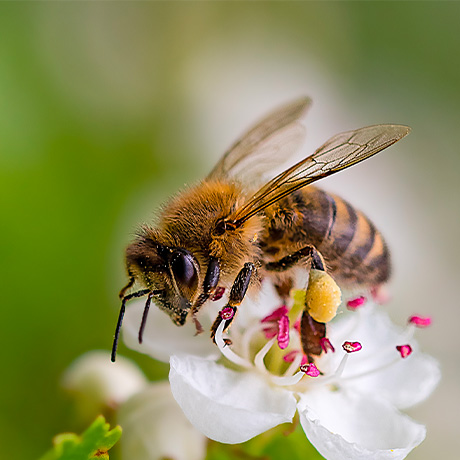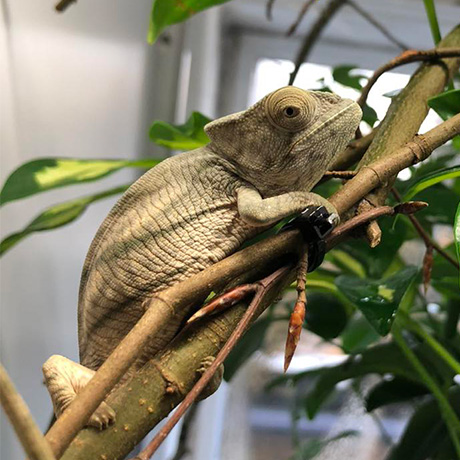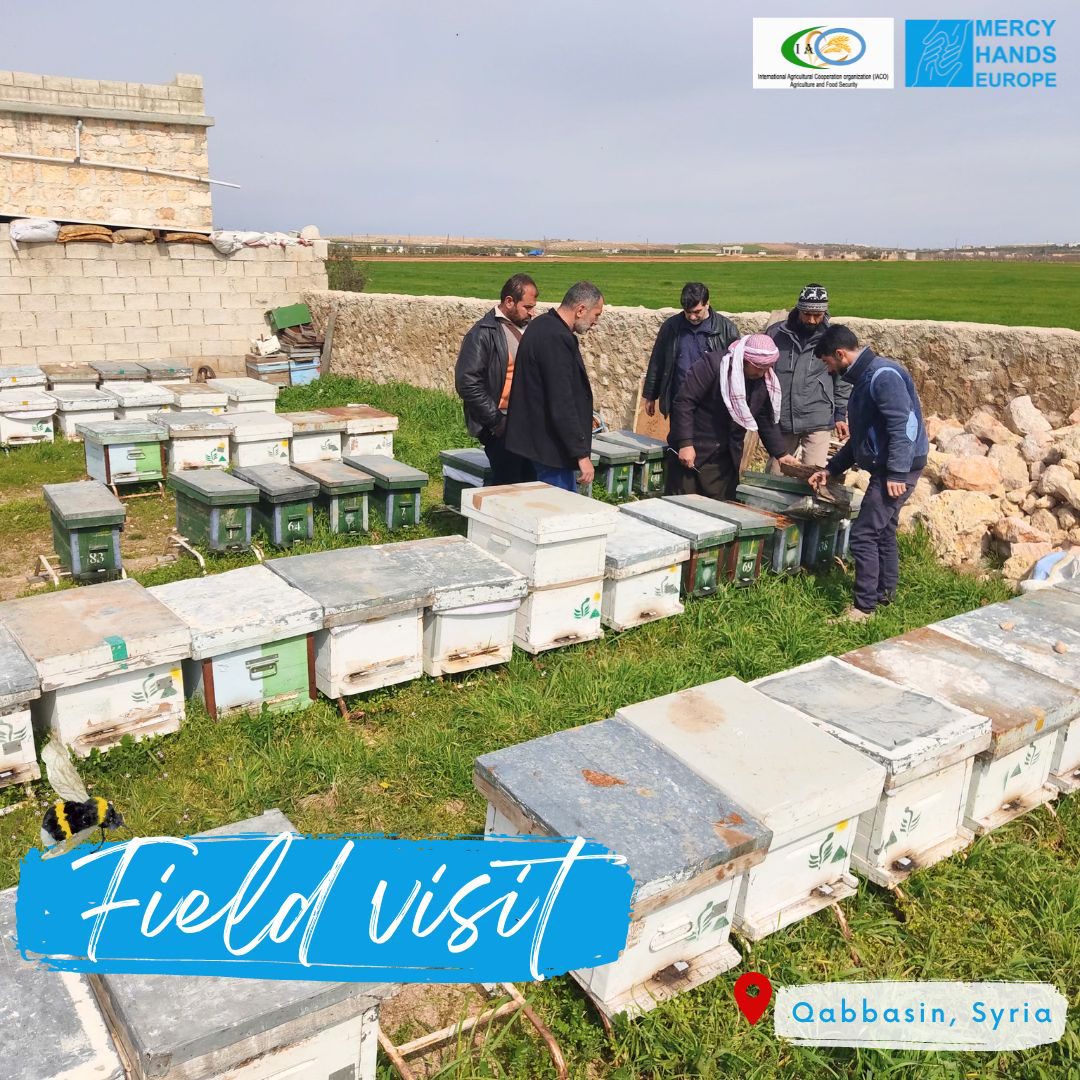Preservation of Bees and Biodiversity
Mercy Hands Europe focuses its activities on disaster-affected regions. It is active in Iraq, Syria, Ukraine, and Ethiopia with staff on the ground. It also relies on local organizations to implement projects, leveraging their specific contextual expertise and needs assessments to guide their work.
One project aims to revive the beekeeping sector in the region, but bees face a lack of forage and biodiversity due to the project area being affected by war. Additionally, beekeepers depend on queen bees imported from abroad, which are essential for honey production.
The project involves cultivating flowering plants in a nursery with a local partner, the International Agricultural Cooperation Organisation (IACO). These plants will then be distributed to beneficiaries and are vital to sustaining their beekeeping activities.
Another project focuses on establishing an artificial insemination center to produce local queen bees, strengthening the independence of the beekeeping sector in Al-Bab. It also includes training for 50 additional beneficiaries (25 women and 25 men) in beekeeping.
This project contributes to combating climate change by preserving bees, which play a central role in ecosystems severely impacted by the war in the country.
What was the money used for?
Training sessions were organized for 50 local beekeepers, along with the creation of three beekeeping cooperatives.
The LE PAL NATURE FOUNDATION actively supports the association’s beekeeping project for 2023, titled “BEE-COME THE CHANGE,” focused on sustainable beekeeping and biodiversity protection in Syria. These initiatives help strengthen sustainable beekeeping practices while promoting biodiversity conservation in the Syrian region.
Project 2025:
The project “Water, Animals, and Plants for a Sustainable Ethiopia” (WAP), led by Mercy Hands Europe (MHEU) in partnership with Agri Service Ethiopia (ASE), aims to reduce poverty, ensure food security, and improve access to drinking water in the Bibugn Woreda district. This initiative seeks to empower 400 disadvantaged households—310 women and 90 men—by implementing integrated agricultural practices, promoting income-generating activities, and rehabilitating the environment through community-based approaches.
Improving livelihoods: 30 farmers have been trained in beekeeping. 20 have been selected and equipment distributed. Training has not yet been delivered.
Environmental rehabilitation: agroecological practices, training 60 beneficiaries in sustainable land management, and rehabilitating 15 hectares of gullies and 73 hectares of closed-off areas.

The beekeeping project “BEE-COME THE CHANGE” by the association, supported by the Le PAL Nature Foundation, aims to promote sustainable beekeeping while protecting biodiversity in Syria, through the training of 50 beekeepers and the creation of three beekeeping cooperatives.
The Foundation supports and supports financially, technically and humanly projects which, in France and abroad, offer lasting solutions to respond to the threats facing biodiversity, and in particular endangered wildlife species and their habitat.
All projects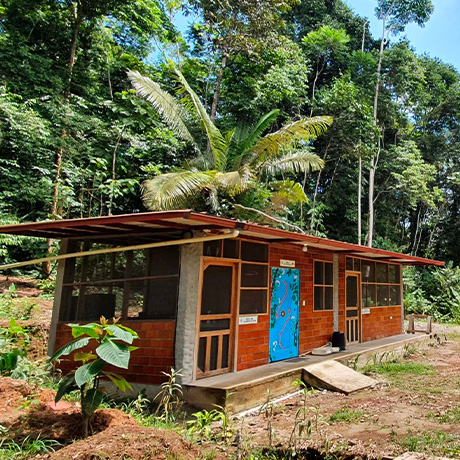
-
![]() Treasure of Nature Discover
Treasure of Nature Discover -
![]() Allier Natural Areas Conservatory Discover
Allier Natural Areas Conservatory Discover -
![]() Itombwe Generation for Humanity Discover
Itombwe Generation for Humanity Discover -
![]() RINP'BA Discover
RINP'BA Discover -
![]() Socotra dragon blood tree Discover
Socotra dragon blood tree Discover -
![]() Vulture Conservation Foundation Discover
Vulture Conservation Foundation Discover -
![]() Turtle Sanctuary Discover
Turtle Sanctuary Discover -
![]() Plan B Discover
Plan B Discover -
![]() Cameleon Center Conservation Discover
Cameleon Center Conservation Discover -
![]() Jeunes Animaux Confisqués au Katanga Discover
Jeunes Animaux Confisqués au Katanga Discover
Missions, actions, projects, partners, theme days ... Discover the latest news from The Le PAL Nature Foundation
All the news


